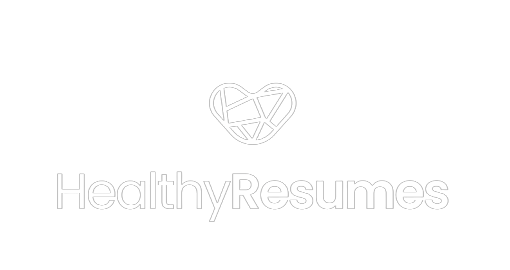Correctly listing a license or certification on a clinical resume is an essential part of getting an interview for a healthcare position.
Clinical jobs usually require a license or certification to perform the duties of a job legally and a recruiter needs to see it right off the bat – a talent acquisition specialist will only spend about 6-7 seconds on a first glance of your resume.
They are not going to give you an interview just “to see” if you might meet the requirement of the job.
The easier you make this on the recruiter or ATS (applicant tracking system), the easier it will be to get an interview!
There a few things to note when considering what to put on your resume and where.
1. Required Licensure or Certification
Say, for example, you are applying for a Registered Nurse position in a hospital.
They require that you have your RN license and possibly some other certifications like Basic Life Support, CPR, etc.
You want to make it obvious to the ATS or recruiter that you have active licenses or certifications in the state you are applying for a job in. Pay special attention to adding anything else you have that is listed as required on the job description.
As a corporate healthcare recruiter, I have reviewed hundreds of thousands of healthcare resumes. I really appreciate when a job seeker saves me time by clearly listing out their license information.
This includes the license or certification name, number, organization the license or certification was received through, and the expiration date.
Of course, the recruiter can and will verify all this information on the appropriate state board website, but you can make it a lot easier by providing the information up front.
There are times where I get a common name and I cannot figure out which license belongs to the applicant without talking with them.
2. Skills Highlight Section on a Resume
Consider adding a skills section to your resume. If you need help writing a resume, here are my best tips and tricks ( as well as a sample template).
This will separate your licensure or certifications on a clinical resume from your work history, clinical rotations, education, etc.
Recruiters will like this!
It is a section dedicated to all the information that a talent acquisition specialist would want to know before jumping in and interviewing someone.
I would list licenses on their own line and certifications on another.
Again, make sure you are reviewing the job description first to ensure you are not missing anything that the company is looking for.
3. Listing education on your resume
While certain degrees and training programs may be required for certain roles, they are not skills and should be listed sperate from your licensure and certifications.
With the Registered Nurse example, you would need an associate degree in nursing or a bachelor’s in nursing to be considered for a role.
Make sure that you clearly list your degree, major, and school.
If you are expecting to complete a program in the future but are currently working on it, just list “Expected 2021” or whatever year you plan on completing your program. This helps the recruiter understand your goals.
Keep in mind that listing a license and certification on a clinical resume is a necessary step that you need to pay attention to.
You can’t assume the recruiter will know you are licensed just because you have education information on your resume.
Are you making your resume work for you? Reach out today for a free resume review

